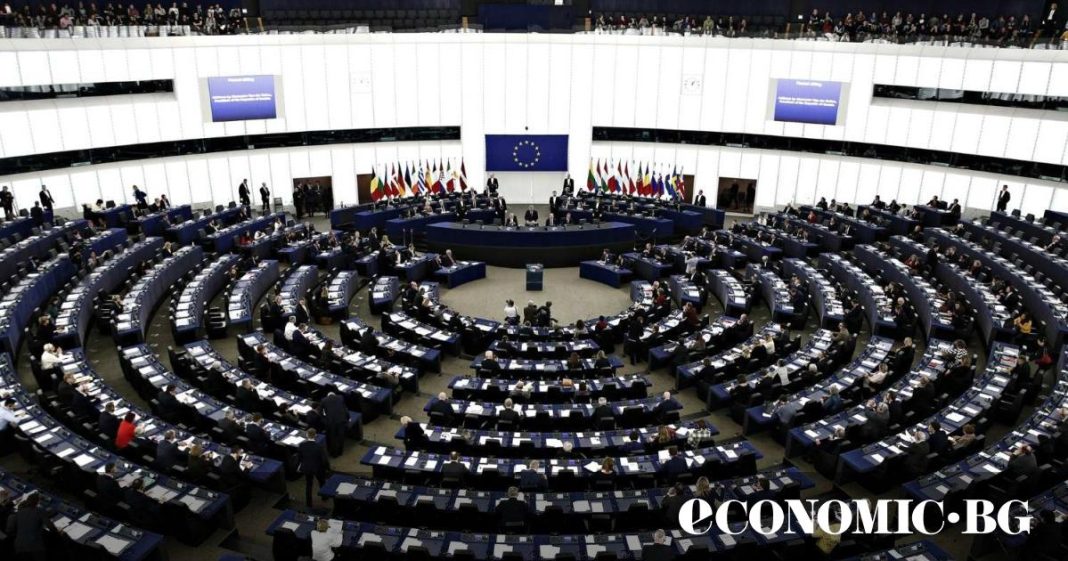The European Parliament (EP) has approved Bulgaria’s accession to the eurozone. This happened at Tuesday’s meeting, at which the institution approved the country’s currency changeover from January 1, 2026.
Bulgaria is ready, Europe is ready, let’s take this step together,“ said Eva Maydell, MEP from the EPP group and rapporteur on the report on Bulgaria’s accession to the eurozone.
„This is the third important report. The previous convergence reports by the European Central Bank and the European Commission clearly show that Bulgaria is ready to join the eurozone and meets all the criteria. It has been on this path for more than two decades – from the currency board in 1997 to ERM II in 2020,“ said the MEP.
Before the vote, Rada Laikova, an MEP from the political group of „Revival“, tried to postpone it, arguing that there should be a check to see if there was a conflict of interest regarding the selection of Maydell as rapporteur on the issue. However, Jeroen Lenars of the EPP countered with: „The EPP is against the request to cancel the vote.“
Ms. Laikova and her friends want Bulgaria to join the ruble, not the euro,“ he said.
The next and final step before the decision is made official is a vote in the Council of the European Union (EU) on economic and financial issues, better known as ECOFIN (which includes the EU’s finance and economic ministers). Its decision is expected in the early afternoon later on Tuesday and will cover several important points:
- Decision to lift Bulgaria’s derogation due to its failure to meet the convergence criteria for accession;
- Decision to accept Bulgaria into the eurozone from January 1, 2026;
- Regulation on the exchange rate and its size.
As Economic.bg reported, in 2020, the National Assembly decided that our country would join the eurozone only if the exchange rate of 1.95583 levs per euro was maintained. If other conditions are imposed, the finance minister cannot agree.
The experience of a number of other European countries has shown that they maintain their previously fixed exchange rates.
For example, Estonia pegged its kroon to the German mark in 1992. With the introduction of the euro in Germany, the link became kroon-euro, which remained unchanged when Estonia joined on January 1, 2011. The same happened with Latvia on January 1, 2014, when the euro replaced the Latvian lat at a fixed exchange rate of €1 = LVL 0.702804. In 2015, Lithuania also maintained its exchange rate of €1 = LTL 3.45280.
This text was translated by DeepL translator.
Източник: Economic.bg


